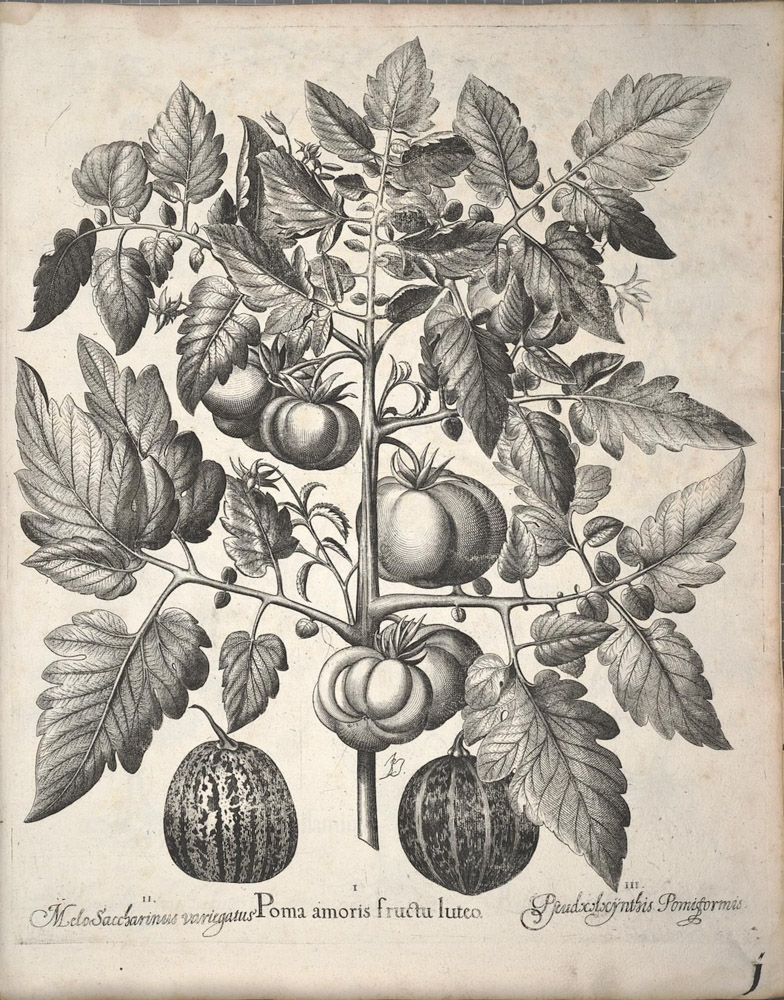A Primer on Botanical Names

Mr. Tyler Storey
You don’t need to know the botanical names of plants to be quite successful with gardening. Many a gardener has happily gardened for decades on end, never knowing the difference between an Acer and an Althaea, and yet never mistaking a maple tree for a hollyhock. But there does often come a time in a gardener’s life when botanical names become not only interesting but useful, and it is in preparation for that possible moment in your life that we offer the following primer on botanical names.
First, if you hear the phrases “binomial nomenclature” or “binary nomenclature,” don’t let them throw you for a loop. Those are simply terms that mean “named with two names.” Most people you come across, with the notable exception of certain members of the music and recording industry, are also named with two names. And that’s the first thing to keep in mind: Plant names are pretty much like people names.
Like many people names, plant names tell you both the name of the general group to which the plant belongs, and the specific name of that particular plant. If I were a plant, for instance, my general group name would be my family name — Storey — and my specific name, to distinguish me from all the other members of the Storey family, would be my first name: Tyler. Instead of Tyler Storey, my plant name would be Storey Tyler. And that’s the second thing to keep in mind: Plant names are like people names, but their “family” names always go first. In many parts of the world, that’s also true for people, but let’s not confuse things.
We call the general group to which a plant belongs its “genus.” And that’s easy to remember because “general” and “genus” derive from the same word and mean about the same thing. We call the specific name of an individual plant the “species.” And that’s also easy to remember because “specific” and “species” also mean about the same thing. It couldn’t be simpler: Genus means general, and species means specific. So, for instance, a weeping willow tree is, in general, a Salix, and specifically a babylonica; taken together, its full name is Salix babylonica. The pussy willow, on the other hand, though a member of the Salix genus, is a different species: Salix discolor.
Now you know: every plant has a botanical name of two parts, its genus and its species, as for instance, Acer saccharum (sugar maple) and Althaea rosea (hollyhock). And if you’re thinking that those two names are going to be impossible to memorize, then here’s the next thing to keep in mind: Plant names are like people names in another way: we learn their names as we get to know them and spend more time with them. There’s no rush and, unlike with people, there’s rarely that awkward moment when we meet them in the grocery store and can’t remember what to call them.
If you’ve spent any time at all looking at plants or gardening, you probably already know plants such as eucalyptus, iris, oleander, petunia, penstemon, bougainvillea, magnolia, impatiens, hibiscus, and yucca. Guess what? Those are all botanical names, which means: You know a lot of botanical names already.
One way to learn plants’ names is to learn something about the plants themselves. Fragaria, the name of the strawberry genus, derives from the Latin word meaning “sweet-smelling,” which of course strawberries are. And the species name of the domesticated strawberry, chiloensis, means “from Chile,” which it is. Hemerocallis, the genus name of daylilies, is Greek for “beautiful for a day,” implying the same one-day period as the common name daylily. So remember if the names seems confusing: Plant names always have meanings.
And finally — because this is only a primer and we’re keeping it short — don’t ever worry about how to pronounce a botanical name. Plants do not have ears – not even Stachys byzantina – and so will never mind if you pronounce their names incorrectly. And why should anyone else care?



















